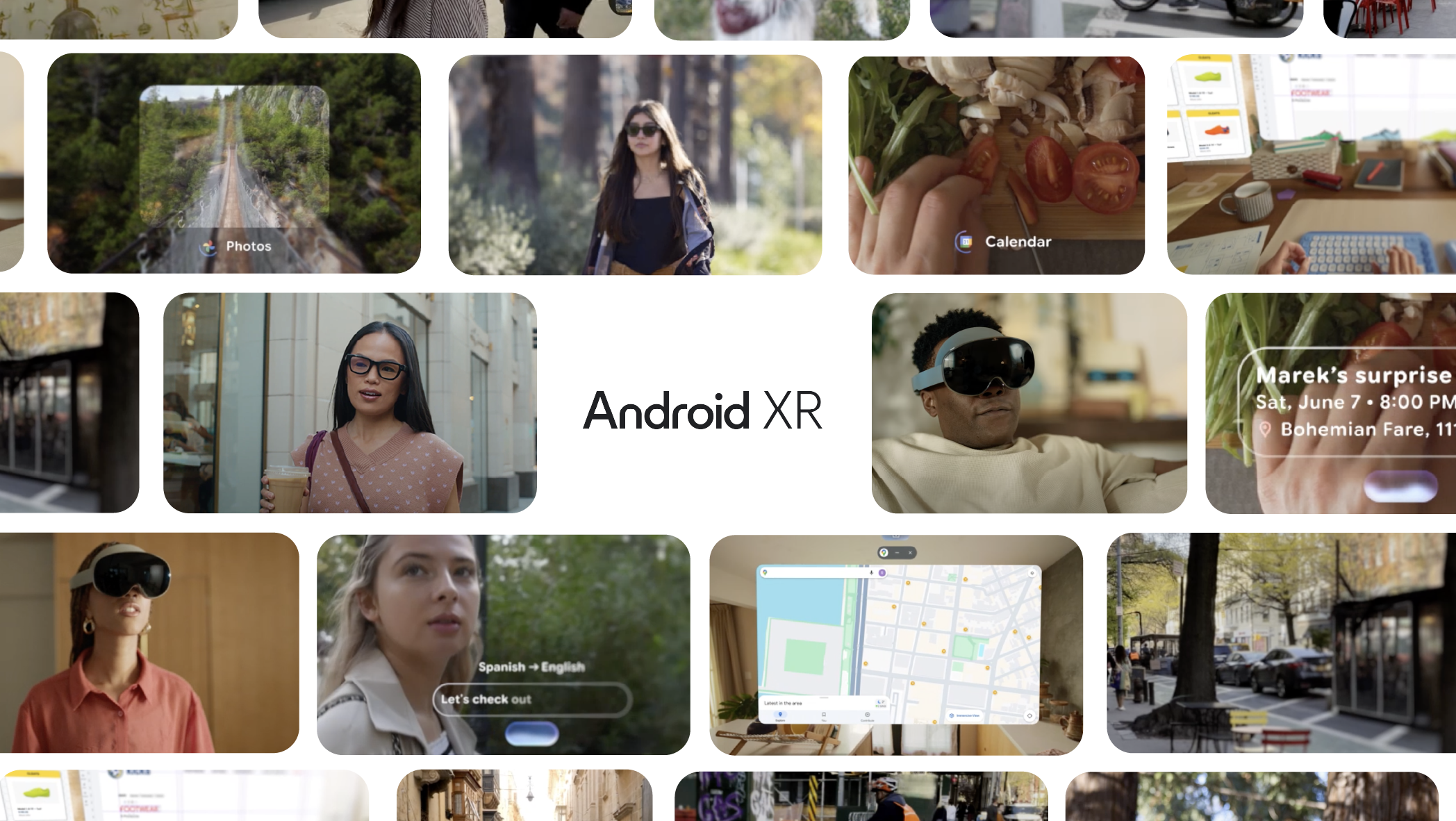The world is changing rapidly, whether it be because of technology, geopolitics, or environmental challenges. As a result, there is a new playbook emerging for global development and business leaders as they adapt and future-proof their missions to keep delivering impact. That was the message behind the 2025 Global Inclusive Growth Summit, which took place on April 24 in Washington, D.C., and was co-hosted by the Mastercard Center for Inclusive Growth and Devex.
“What's needed now more than ever [are] new ways of thinking, new ways of doing, new partnerships that are purpose-built for the world as it is right now, but also how it will be tomorrow,” Shamina Singh, founder and president of the Mastercard Center for Inclusive Growth, said in her opening remarks. “How do we lift small business owners, creators, and entrepreneurs so that they can continue to create the jobs of the future? How do we fight the fraudsters who are invading our digital lives? How do we stay connected to ourselves and each other? [How do we] remember our ‘why’ [and] to come back to center when the world goes sideways?”
The best chance of finding answers to those questions is for the private, public, and development sectors to collaborate, Singh said. “That's how we get equipped and positioned for what's coming next.”
Such partnerships are needed now more than ever amid a global decline in official development assistance, or ODA, shifting geopolitics, and a transformation of the development sector. But what the private sector needs to know, said experts throughout the day, is that working on social impact doesn’t have to come at the expense of profit. The private, public, and development sectors can ignite change and drive economic opportunity for all.
The 2025 Global Inclusive Growth Summit brought together more than 400 leaders, innovators, and practitioners from across sectors to partake in 26 dynamic sessions that looked at how leaders can future-proof their missions, where business leaders and investors need to be focusing, and how economic opportunity can be improved for all.
These were the key themes that emerged from the day.













